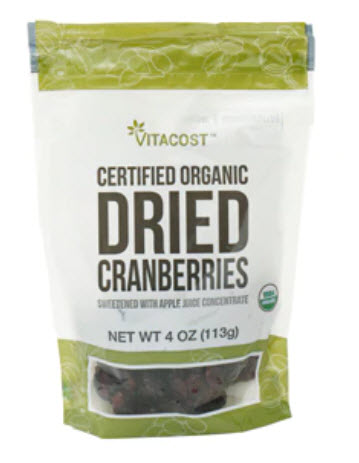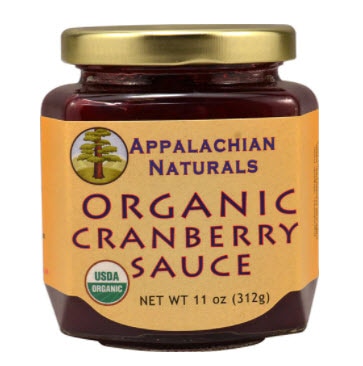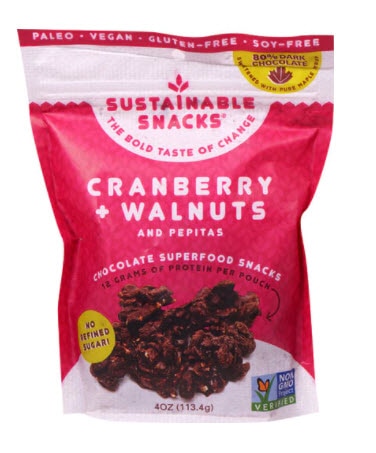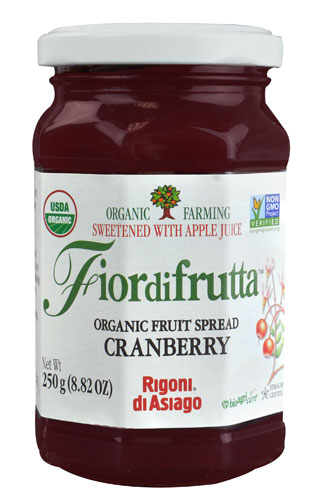Tart and tangy, bright red and vibrant – the humble cranberry shines in the spotlight once a year during the holidays. But contrary to popular belief, cranberries are more than just a jellied slab slid from a can for Thanksgiving dinner. This brilliant berry, which is not often consumed in its natural state, can be dried and added to countless recipes.
Dried cranberries, also commercially known as craisins, are a versatile ingredient to keep in your pantry year-round – and especially during the holidays.
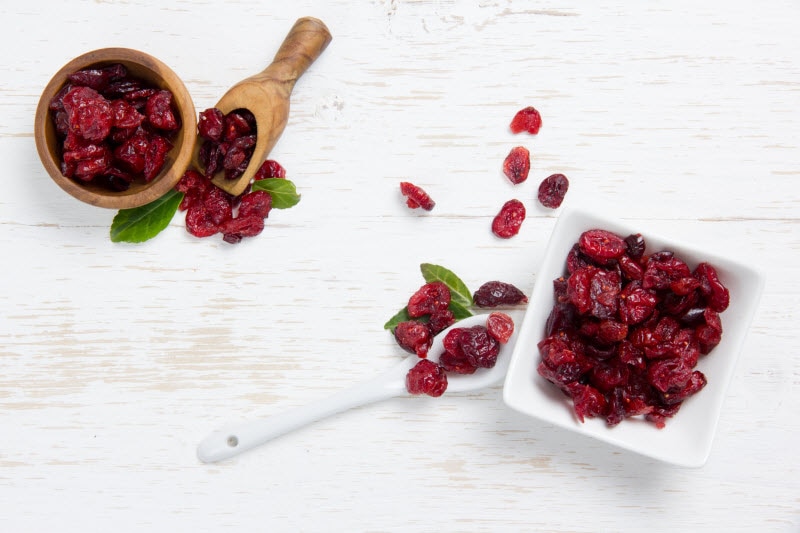
The history of dried cranberries
Cranberries have been used for centuries as an ingredient in recipes, a healing tonic to help draw out toxins from wounds, and as a natural dye for clothing, rugs and blankets. Naturally grown in the United States, cranberries were counted on by sailors to prevent scurvy, a type of vitamin deficiency. During the second World War, it’s estimated that American troops ate over one million pounds of dried cranberries per year.
Although fresh cranberries can be enjoyed in many recipes, the dried version is far more popular. It’s a favorite in trail and snack mixes. It’s often tossed into salads, bringing lettuce and vegetables to the next level with its tangy, zesty taste. Cookies and breads are also enhanced by the vibrant color and chewy texture of dried cranberries.
The health benefits of dried cranberries
Cranberries are traditionally known for their antioxidant properties. These antioxidants are part of the fruit’s
bioactive compounds, which are potent plant-based chemicals that provide health benefits beyond the nutritional value of the food.
Antioxidants offer a wide range of benefits, mostly notably protecting cells from free radical damage. They act as anti-inflammatories and can positively impact cholesterol and blood health. They help support the overall health of the heart, digestive system and much more.
Although higher in sugar and carbs than fresh cranberries, dried cranberries are low in fat and provide vitamin C, vitamin E, vitamin K and manganese. To keep your sugar intake lower, be sure to look for dried cranberry products without added sugar – or consider making your own and carefully controlling the amount of sugar used.
How to dry cranberries
In the same way raisins are made by drying fresh grapes, dried cranberries are made by partially dehydrating fresh cranberries. The method removes all the water from the berries, leaving them in their classic dried, chewy state. If you don’t have a dehydrator handy, you can dry cranberries using your oven.
What You’ll Need:
What to Do:
- Wash cranberries. Place them in a large bowl and pour boiling water over them. Let cranberries soak for at least 10 minutes. Most, if not all, of the berries will pop; if any don’t, you’ll pierce them in a later step.
- Drain and dry thoroughly cranberries, then add to clean, large bowl.
- For sweetened cranberries, prepare a simple syrup mixture of two parts water to one part sugar. (A good rule of thumb is to use ¼ cup of simple syrup to 12 ounces of cranberries.) Simmer syrup until reduced by half, then pour over cranberries.
- Line baking sheet with parchment paper. Pierce any berries that haven’t split. Arrange berries on sheet, with space between each berry. (Note: Berries should not touch one another. If more space is needed, use an additional baking sheet.)
- Set oven to the lowest possible setting. Bake berries for at least 8 hours.
- Once dry, remove berries and let cool 30 minutes.
How to use dried cranberries
Now that you’ve either stocked up on
your favorite brand’s dried cranberries or used this DIY method to make your own, it’s time to figure out the best (and tastiest!) ways to enjoy them.
If you’re looking for something sweet:
If you need a quick and easy (and delicious) side dish for the holidays.
We hope your holidays are
berry merry and
bright!
Featured products:
